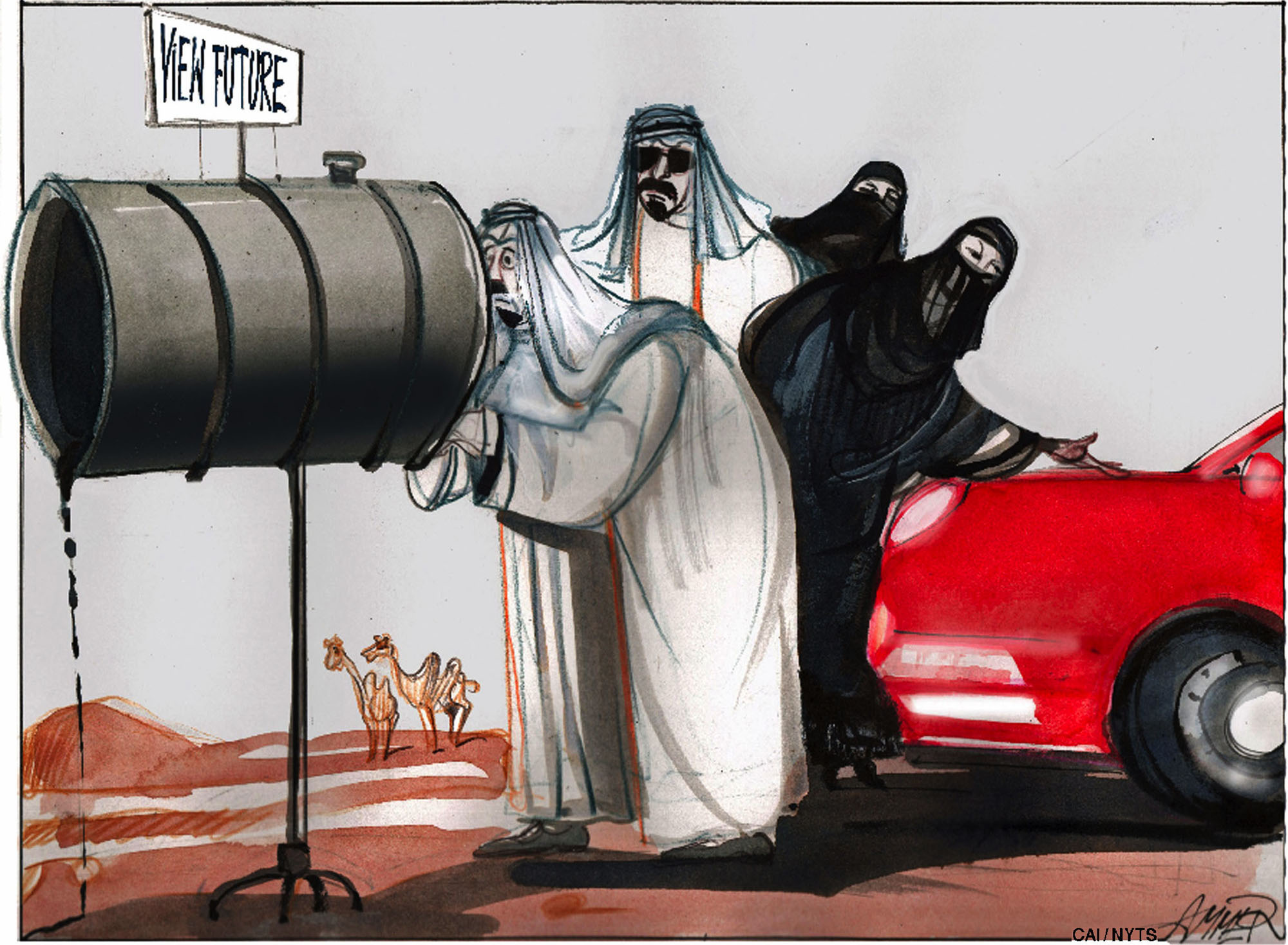Most efforts to comprehend the dynamics of Saudi Arabia's ongoing political earthquake have focused on the psychology of the young crown prince, Mohammed bin Salman. But there are also structural reasons for Mohammed's brand of populism. Understanding these factors is key to finding a better path forward.
In the past, political stability in Saudi Arabia rested on three separate deals: within the royal family; between the royal family and the kingdom's traditional elites; and between the state and the population.
The deal within the Al Saud family is rooted in "asabiyya" — the ability of an ambitious tribe to stick together to monopolize power. But the royal family has grown too large and become too divided to justify the cost of maintaining its unity. Loosely estimated, the 5,000 or so third-generation princes and their entourage consume $30-50 billion per year.


















With your current subscription plan you can comment on stories. However, before writing your first comment, please create a display name in the Profile section of your subscriber account page.